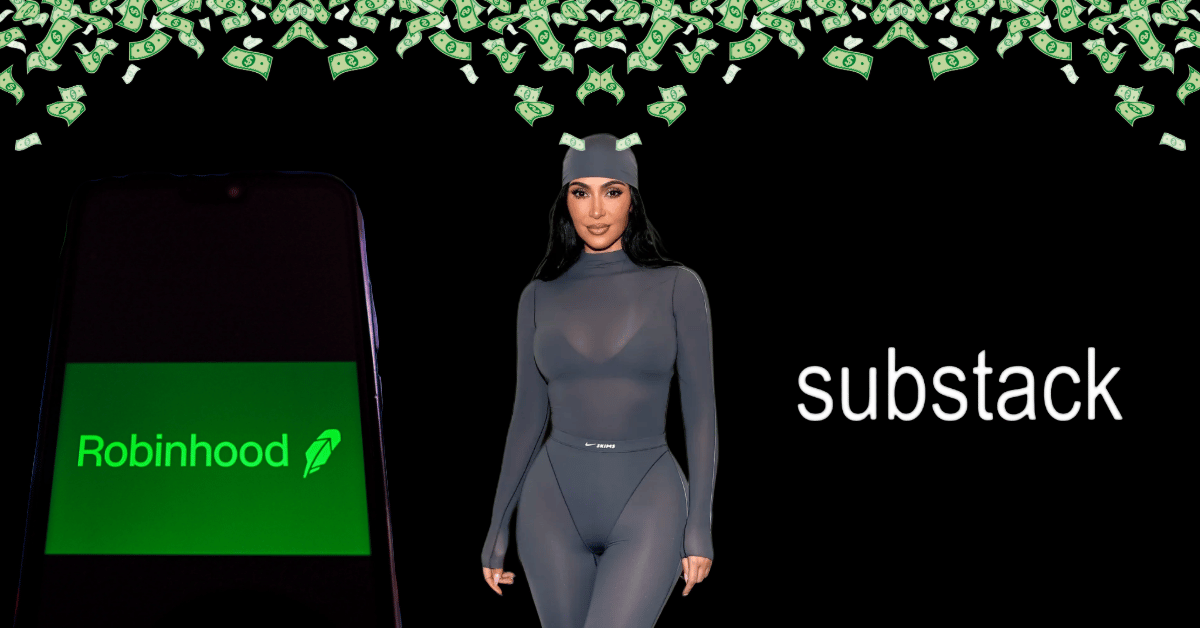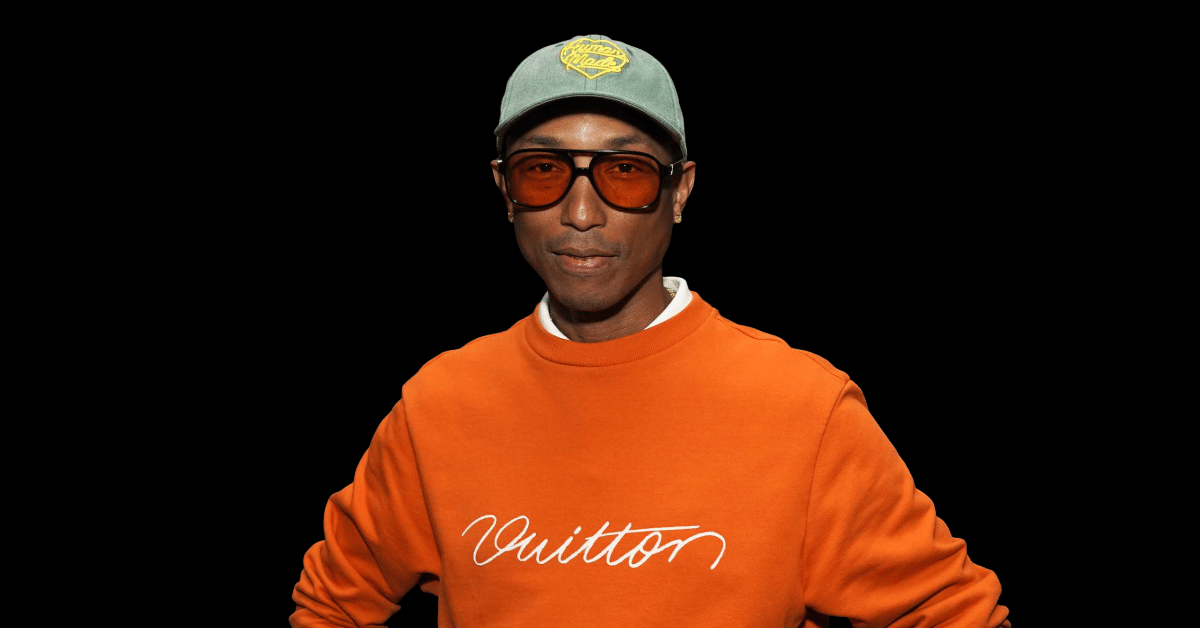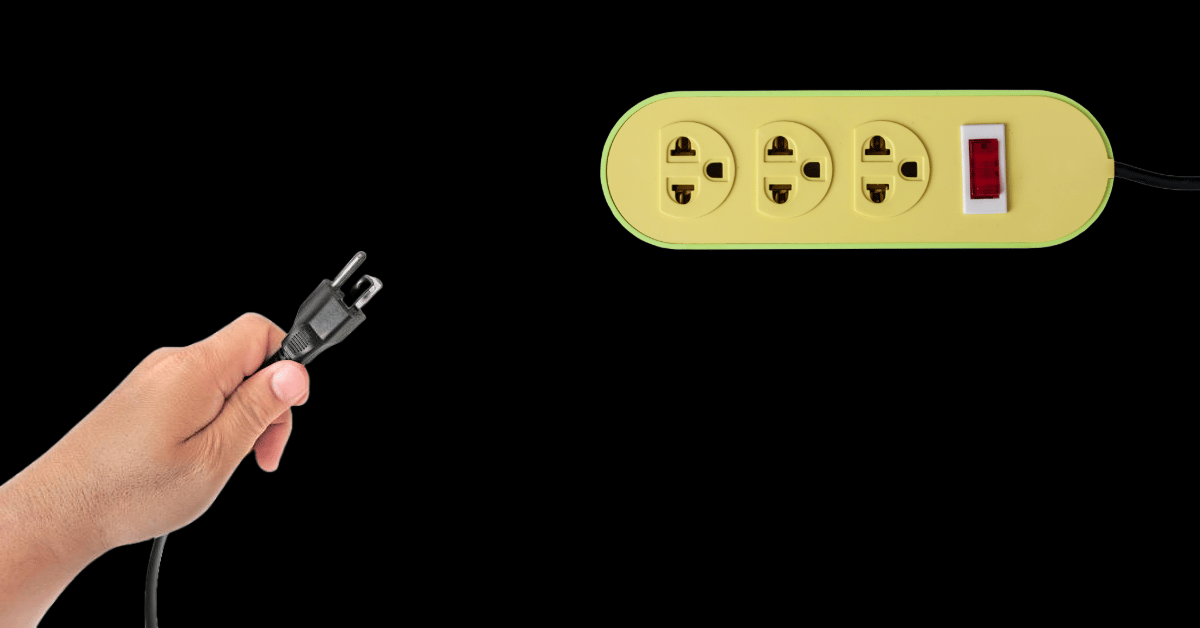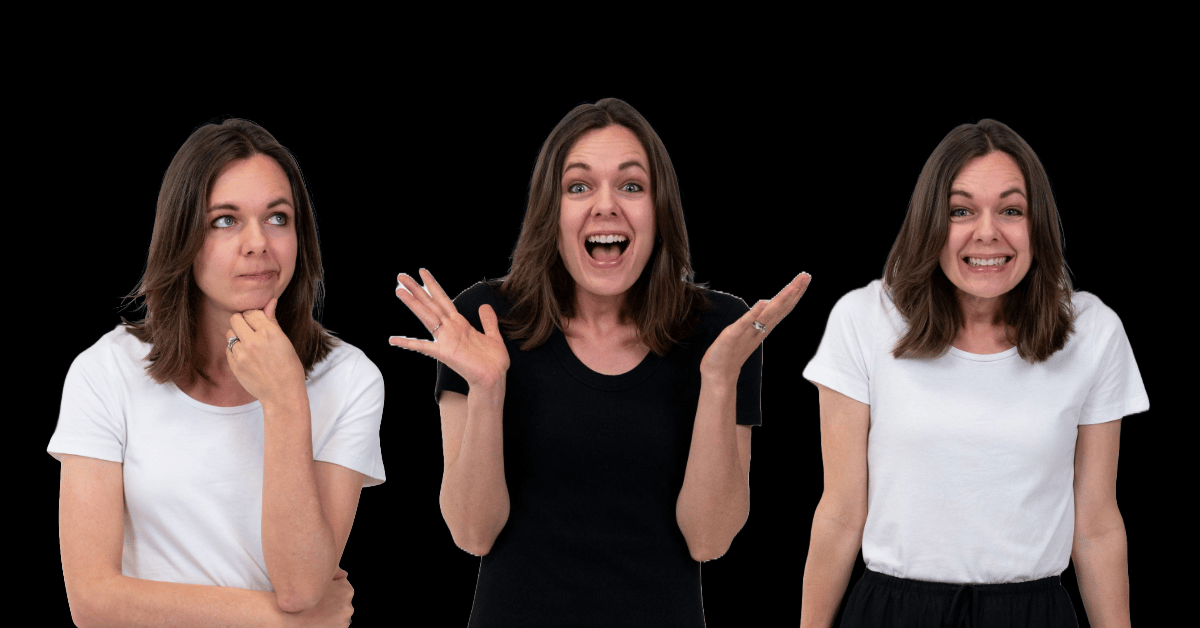
There’s being cool (e.g. you, for reading this newsletter) - then there’s being Pharrell cool.
We’re doing something a lil’ different today - we’re gonna tell you a story, specifically that of Pharrell Williams. It’s not a hero’s journey or “rags to riches” tale, but a story lined with musical and financial successes left and right that aren’t solely rooted in talent. As gifted a creator he is, Pharrell’s decades-long career defined by fashion and mega hits can be attributed to one powerful instinct he’s masterfully developed: taste.
- Devin Pike, Guest Editor 💜
Learn how to pitch ideas so well, your clients will beg you to take their money.
You know the feeling. The client’s nodding politely, but their eyes have glazed over.
And it’s clear you haven’t just lost them. You’ve lost the deal.
Well, that doesn't have to be you anymore. Because in this 90-minute session taught by Nathan James, Executive Creative Director at The Attention Seeker, you’ll learn the real art of selling subjective ideas (from someone who’s worked with some of the world’s biggest brands).
If you want to know how to:
✅ Keep the room hooked from your first sentence to the final slide
✅ Nail the 3-nod method that gets instant buy-in, every time
✅ Use their objections to strengthen your pitch
...this workshop is for you.
Forget “we’ll think about it.” You’ll leave this session knowing how to make every client say, “please take my money.”
Thursday, 4 Dec | 8:30 - 10am NZT | $49
WHAT’S HAPPENING IN MARKETING TODAY?
Skims value soars to $5 billion, Robinhood offers home-delivered cash & Charli XCX makes a Substack

Skims valued at $5 billion after new funding round
Kim Kardashian, the woman that you are. Pulling in a fresh $225 million funding round? Insane. That lifts the brands valuation to $5 billion. The plan, according to Kim: expand from shapewear and under-basics into a full-throttle lifestyle business: apparel, activewear, and physical retail stores globally.
The catch: even though the money is flowing, the brand is still mostly private, and the IPO whispers remain just that. For solo marketers or creators, the formula is clear as freaking day: build a strong brand universe, go all out on distribution.
Robinhood offers to bring cash to your doorstep (yes really).
This screams doomsday prepper energy. Idk why. Or like, some kind of weird startup prank. It definitely doesn’t sound like a “finance move”. Regardless, Robinhood has teamed with delivery app goPuff to bring physical cash to your doorstep. For a $6.99 fee (or $2.99 if you’ve got $100k+ in assets), Gold-subscribers can order literal sealed bags of cash instead of trekking to an ATM.
They’ve dressed this up as “modern convenience”, but behind it I can smell the strategy: push more out the box financial-service products, drive engagement, blur the line between fintech and lifestyle.
Pop star Charli XCX wants to be me. Obviously. She’s officially dipped into the newsletter world by launching her own Substack. And her writing is as real as it is raw. Her first lengthy essay titled “Running on the spot in a dream” had me in goosebumps the whole time. In it she reflects on creative burnout, identity after her album era, and what it means to keep running when you feel like you’re stuck (feel that, girl).
This is another example how the celebrity-brand is ever evolving into creator-brand, and long-form sincerity is becoming a tool to deepen connection. And I’m totally here for the shift from “we publish occasional promos” to “we publish things people actually resonate with, sit with, and share. Creator or celebrity-led".
-Sophie Randell, Writer
DEEP DIVE
A case study in cool: Pharrell Williams and leveraging taste as personal brand.

There are those who participate in culture, those who steer it in certain directions, and then, there is Pharrell Williams. Always two steps ahead, pulling the strings.
This is not a “rise to fame” story. Williams has never been the scrappy underdog musician that surprised us all with his come up. It makes perfect sense that the man who once produced 43% of the early-2000s radio hits now directs Louis Vuitton menswear. The through line isn’t luck. It’s taste. That elusive, unteachable thing that will forever be the ultimate form of cultural currency.
In a world increasingly obsessed with clicks and clout, Pharrell built a brand on curation and calm. So, it’s only right that when my boss asked me to think of case studies of superb personal branding and marketing among famous people, his was one of the first names that came to mind.
So, let’s talk about his strategy. Which is, to make taste the product.
It would seem Williams figured out pretty early that influence is not about volume, but refinement. His career is an ongoing study in creative restraint. He's produced more number one hits than most artists ever will, yet stayed almost entirely invisible while doing so.
He never performed the genius, because his work performs for him. And that, culturally, is where the shift begins. In an age of hyper-accessibility, Pharrell reminds us that mystique and mastery still hold power. His brand sells discernment, and the idea that good taste is a worldview and not a goddamn algorithm.
Pharrell was also building the collab economy long before brands had the chance to turn it into a business model.
His partnerships with Nigo, Adidas, and Chanel were like exchanges of cultural conversation. Treating each collaboration not as marketing strategy, but as creative dialogue. They were essentially a way to expand aesthetic language between worlds.
That ethos has since become the blueprint for brand cool. Streetwear and luxury didn’t used to coexist. It was Pharrell who made them speak the same language. Now, most brands chase the very hybridity he pioneered, between high and low, masculine and feminine, corporate and creative.
Pharrell’s power lies in continuity. We live in a culture that worships reinvention. Pharrell on the other hand, kept the same design sensibility. The same quiet optimism, and the same fascination with possibility since day one. That consistency feels radical now, because it’s so rare.
Culturally, this is what brands miss: longevity isn’t about transformation, it’s about trust. Pharrell doesn’t need to announce new eras because his audience already knows the codes. That’s the kind of equity no marketing spend can buy.
Pharrell's largest cultural contribution, however, might be how he redefined masculine self-expression.
Before the Met Gala pearls or gender-fluid fashion wave, he was wearing bedazzled belts and pastel sneakers. Not as a statement, but as a standard.
He reframed confidence for a generation of men. Instead of power through dominance, he sold power through self-assurance. His aesthetic told men they could be bold, soft, expressive, and still be respected. It’s not an exaggeration to say he helped mainstream a new language for male identity, one rooted in creative freedom rather than conformity.
And that matters far beyond fashion. Because when you change what confidence looks like, you change what culture allows.
Pharrell’s career teaches marketers and creators alike that the future of branding is cultural authorship.
He creates meaning in this cultural landscape, defines aesthetics. And he does it all through the most underappreciated and unobtainable skill in both business and life: taste.
Because we all know that’s something money can’t buy.
-Sophie Randell, Writer
TREND PLUG
“Baby, that’s my brother”

This one’s for the people who don’t “play devil’s advocate”, they ARE the devil’s legal team. The ones who will defend someone so blatantly in the wrong you'd swear they’re being paid under the table.
The audio comes from TikTok creator @stevocamp clowning girlies who defend men with HORRENDOUS allegations. His antics produced the now-iconic line:
Everyone’s lip-syncing to scenarios where they defend someone they have ZERO business defending, like:
How you can jump on this trend:
Put the camera on yourself, lip-sync with the audio and throw up text like:
“how I sound defending ___”
A few ideas to get you started:
How I sound defending the client even though they changed the brief for the 5th time
How I sound defending my coworker who CLEARLY didn’t read the email
How I sound defending my niche like I didn’t switch it 7 times this month
- abdel khalil, brand & marketing executive
FOR THE GROUP CHAT
😂Yap’s funniest home videos: He knew it was a calculated risk
❤How wholesome: Super Mario Costume 🥹
😊Soooo satisfying: Unclogging drains
🍝What you should make for dinner tonight: 20 Min Dinner Idea
ASK THE EDITOR

Should I create different personas for my business for each platform? -Teegan
Hey Teegan!
You can absolutely experiment with different content styles and tones across platforms if you have the capacity to do so. For example, you might focus your LinkedIn content on your career journey. Then, your Instagram could be behind-the-scenes of your day-to-day or feature your team/office dynamics.
However, I wouldn't think of these as different personas. Instead, I'd think of them as different facets of the same brand. Just like you'd show up differently at a networking event versus after-hours drinks, you can show up differently on each platform. You're still the same person, just in multiple contexts.
- Charlotte Ellis, Editor ♡
Not going viral yet?
We get it. Creating content that does numbers is harder than it looks. But doing those big numbers is the fastest way to grow your brand. So if you’re tired of throwing sh*t at the wall and seeing what sticks, you’re in luck. Because making our clients go viral is kinda what we do every single day.
